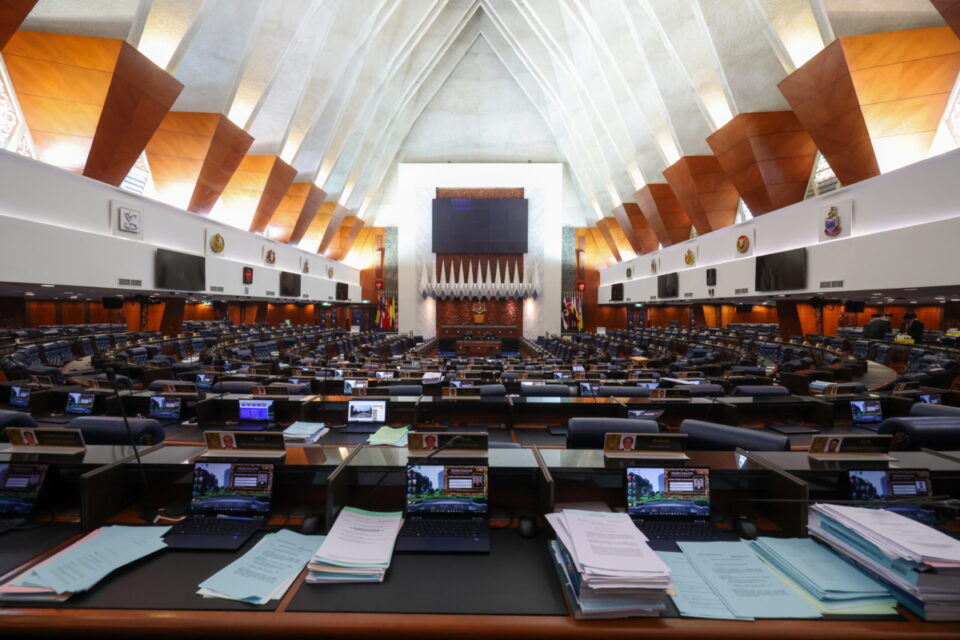KUALA LUMPUR, Nov 1 — The Home Ministry (KDN) will finalise whether amendments to the provisions related to citizenship will be made to the Federal Constitution or will only involve existing Acts and regulations.
Minister Datuk Seri Saifuddin Nasution Ismail said the Federal Constitution clearly provides for three ways to obtain citizenship, namely law enforcement, registration, and naturalisation, through Articles 14, 15, 16, 19, and 30.
However, several other Acts and regulations support the main provisions related to citizenship in the Federal Constitution.
“Citizenship-related laws are not only under the Federal Constitution but are also supported by other acts and regulations like the Births and Deaths Registration Act 1957, the National Registration Act 1959, the Islamic Family Law Enactments in the states, the Passport Act 1966, and the Immigration Act 1959.
“The principles of citizenship are outlined in the Federal Constitution, but to approve citizenship issues, there are over a dozen supporting regulations… hence, the proposed amendments may not be reflected in the Federal Constitution but rather in these supporting acts… this will be finalised,” he said when winding-up the 2024 Supply Bill debate at the policy stage for the ministry in the Dewan Rakyat today.
In addition, engagement sessions with the relevant parties are ongoing, and KDN is reviewing best practices related to citizenship legislation practised by other countries, including Commonwealth and non-Commonwealth countries.
Meanwhile, regarding freedom of speech and repealing the Sedition Act 1948, Saifuddin said the Cabinet has decided the Act will only be used for offences related to the royal institution.
“…the Cabinet decided that if it involves the royal institution, such as criticising, defaming, belittling, or insulting the royal institution, whereby its sanctity and dignity are protected as enshrined in the Federal Constitution, then only will the Sedition Act be used.
“For ordinary cases (offences related to freedom of speech), we use the existing acts, namely the Communications and Multimedia Act 1998 (Act 588) and the Penal Code (Act 574),” he said.
— Bernama





